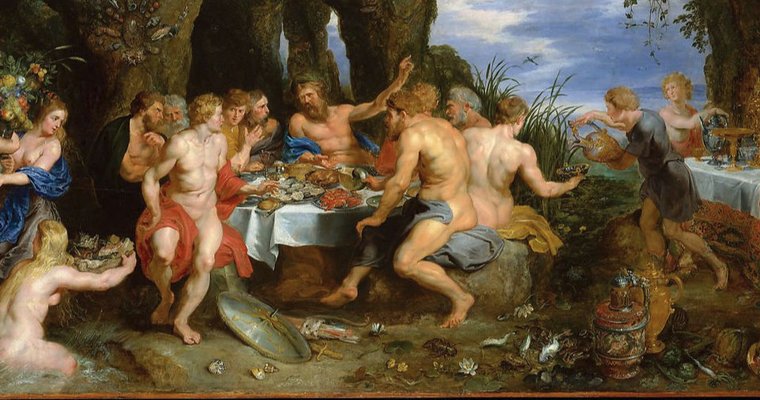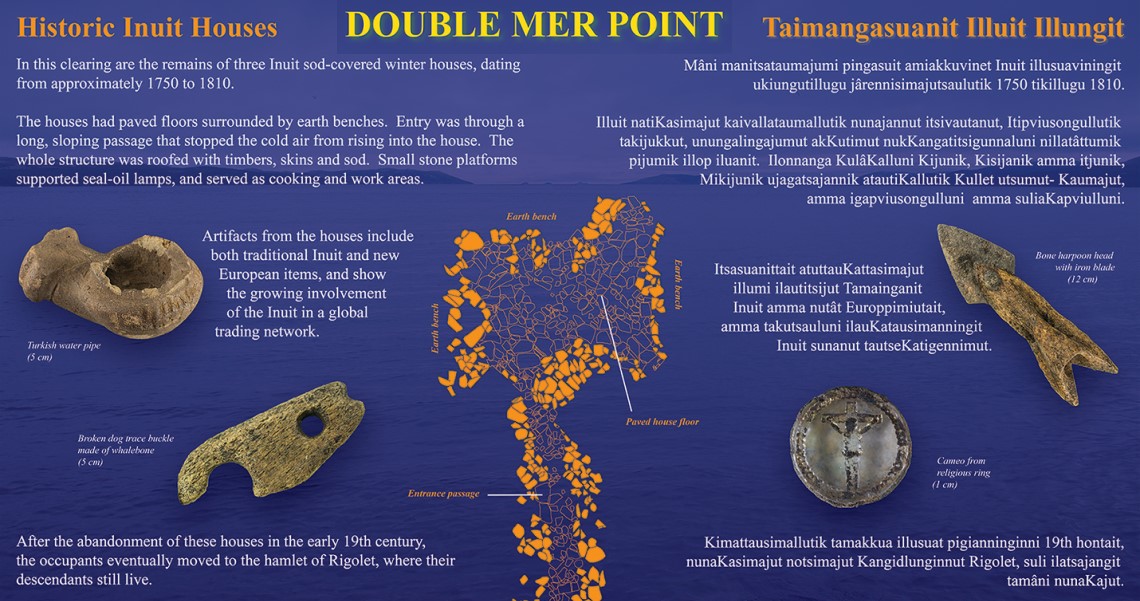
Image source: Photograph by PatternPictures
A comparative study of beer brewing involving the most detailed recipe linked to the ancient Mediterranean world and a traditional Ethiopian beverage called t'alla
Research in ancient Greek feasting culture led to a rare recipe for beer in a Byzantine manuscript linked to the alchemist Zosimus of Panopolis from Late Antique Egypt (4th century CE). There are many unanswered questions about this text, such as the brewing procedure it contains and the materials used. One of the ways I have interpreted ancient feasting rituals is through comparison with traditional societies known from anthropological research. I have learned that in Ethiopia today, some communities make a beer similar to the one described in the recipe, and I hope to shed light on the ancient recipe by studying the Ethiopian practices.
The recipe for beer preserved in the work of the alchemist Zosimus of Panopolis from the 4th century CE deserves our attention because it is one of the earliest recipes for beer attested anywhere and is the most detailed that likely describes an ancient Egyptian beer. The detail of the text has allowed scholars to carry out experimental archaeology projects but some problems of the text itself have not been addressed. My research addresses the open questions about the Zosimus text around the use of the Greek words omoteros and kloubos. These questions are about the semantics and pragmatics of these words and about the material culture to which they refer. Does the word omoteros, ‘more raw,’ refer to incomplete cooking or to fierce intensity? In the case of kloubos, ‘kiln,’ what form of kiln serves as a fermentation vessel? As a guide to answer these questions I have interviewed an Ethiopian colleague, Dr. Berhanu Demeke, who has on several occasions witnessed the traditional preparation of t’alla, a beer made in the central plateau of Ethiopia that shares many features with the Zosimus beer. This comparative data can suggest new directions in the interpretation of the Zosimus recipe with respect to the brewing procedure and to the material culture used.
This research has been carried out with Research Ethics Board approval.

